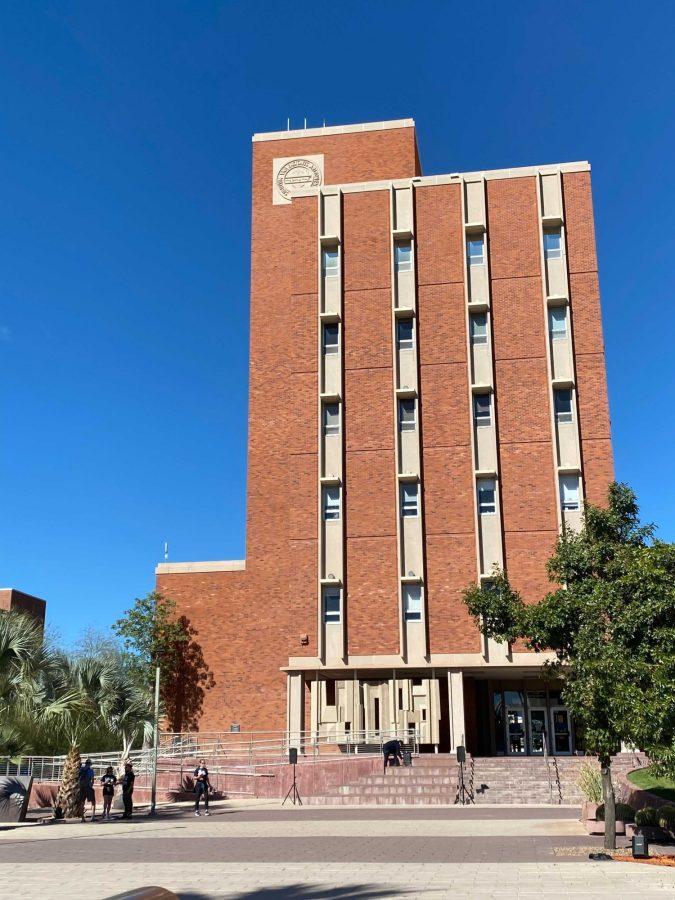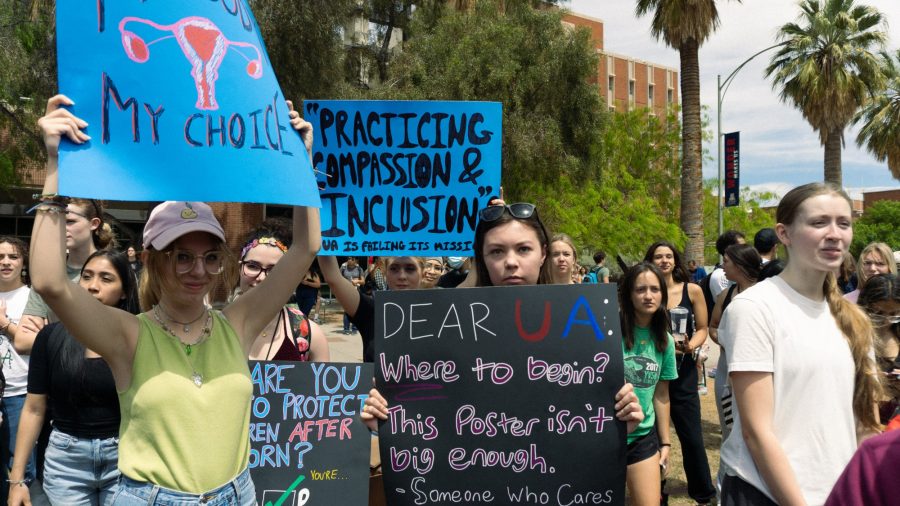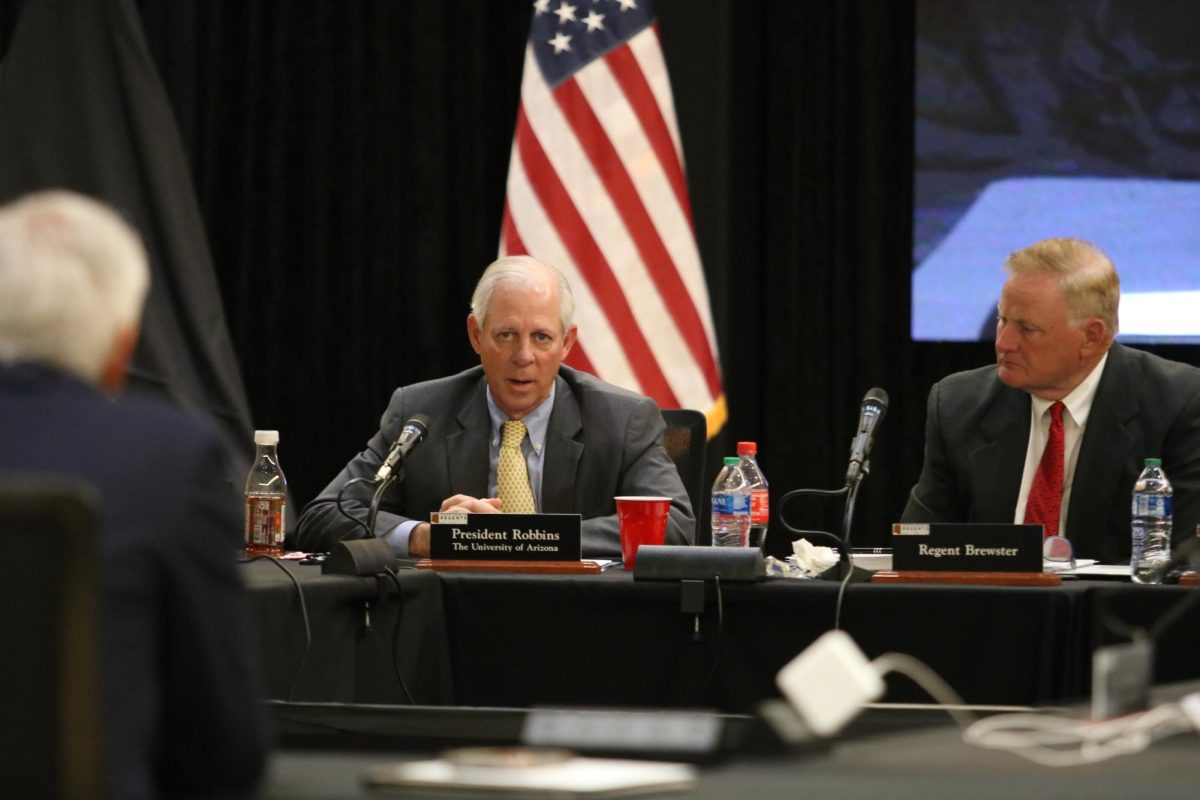While transgender students at the UA can receive insurance through Campus Health Service, transgender faculty are not given the same services because their insurance is through the state.
Faculty and staff in Arizona public universities are insured by the state of Arizona, not the university itself. The state insurance does not provide the same services and help for transgender people as Campus Health does.
None of the insurance plans offered for faculty and staff in Arizona and with the Arizona public universities includes any kind of gender confirming or transition-related health care.
Susan Stryker, a director of the Institute for Lesbian, Gay, Bisexual, and Transgender Studies, said the exclusion of transgender services in the state health insurance could be misinterpreted.
“I think it’s actually even worse then that,” Stryker said. “I think even the way the exclusions are written could be interpreted by someone who was very hostile to trans people as excluding coverage [to those] who are transgender-identified.”
It is not uncommon, Stryker said, for insurance companies to claim transition-related health care as not medically necessary.
“Insurers for many decades [have] called transition-related health care experimental, or it’s a ‘cosmetic’ procedure and that there is no medical necessity for it,” Stryker said.
Stryker said that in comparison to other states, Arizonans are not worse off.
“[Arizona is] as bad as most places,” she said. “But I think the tide is starting to turn, that more and more places are offering transition-related health care … and also through the work of protected legislation.”
Currently, Campus Health offers services for transgender students through UA health insurance. According to the Campus Health website, the UA provides students with the “transgender benefit,” which allows members “critical access to medically necessary gender-confirming health care.”
The Arizona Board of Regents Student Health Insurance Plan gives students this benefit at all three Arizona public universities.
Depending on where a student is at in their process of transitioning, an individual can make an appointment with Campus Health professionals who will help them figure out the next steps. Other options include filling out a medical necessity review form that will determine one’s eligibility for these services.
The insurance plan is offered for students who wish to transition or require transition-related health care and includes services such as hormone therapy and behavioral health services, along with other procedures and care.
The Campus Health website specifies that access to these services is medically necessary and essential for transgender student’s success.
According to the website, “This access to care is a crucial element to the health, academic success and retention of transgender-identified students.”
It took a statewide push to provide these services for students, Stryker said, and the state most likely did not consider UA faculty and staff.
Stryker said she thinks there could be a potential solution for university transgender employees.
“I think the easiest thing to have happen here to provide equal coverage would be for the universities to take out a supplemental insurance policy,” Stryker said. “There [are] not many trans employees of the university. I mean, it’s probably less than a dozen, as I count.”
Michael Woodward, a public health graduate student, said nothing will be changed regarding public university employees’ health insurance options until the Arizona government addresses lesbian, gay, bisexual, transgender and questioning issues.
“Until there is some movement at that state house around [LGBTQ] issues, especially this one … there’s not a lot that we can do to get the state to change,” Woodward said.
Woodward has been involved with the President Ann Weaver Hart’s LGBTQ advisory council and the transgender project that put together a restroom access statement in 2006.
“The university has opted to cover some things for domestic partners in relation to marriage, so it seems like [it] could opt to pay for faculty care beyond what the state does,” Woodward said.
Woodward said despite the fact that faculty and employees are not eligible for the transgender services that are offered to students, the UA is “cutting edge” with its options for the students.
“For a university in the middle of this big red state,” Woodward said, “I think it is remarkably supportive.”
_______________
Follow Benny Sisson on Twitter.









